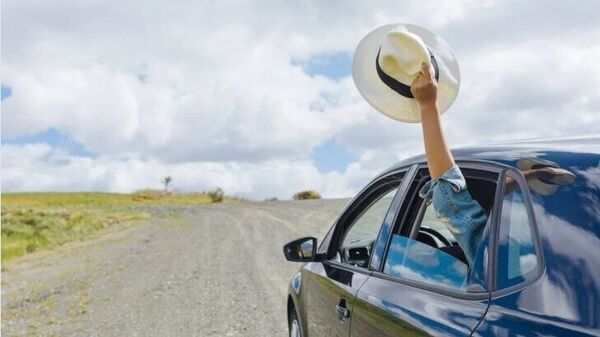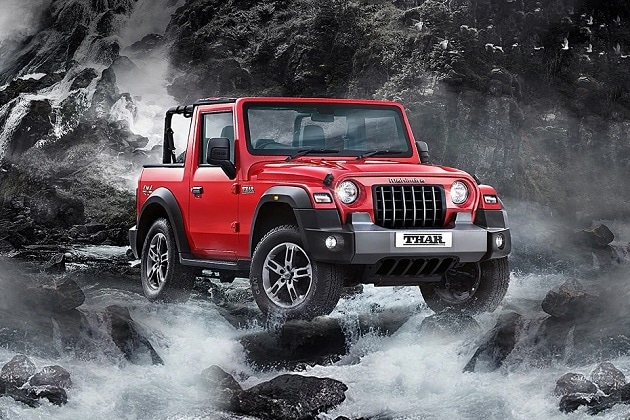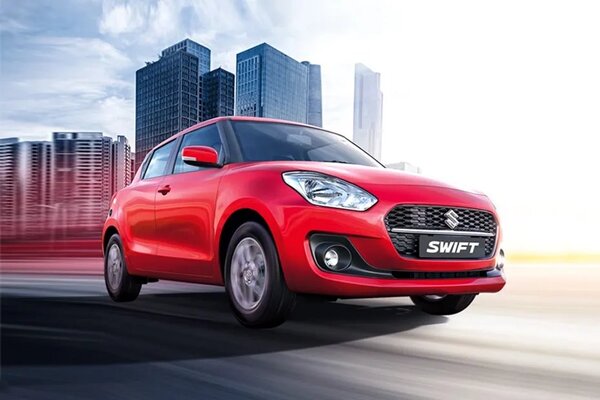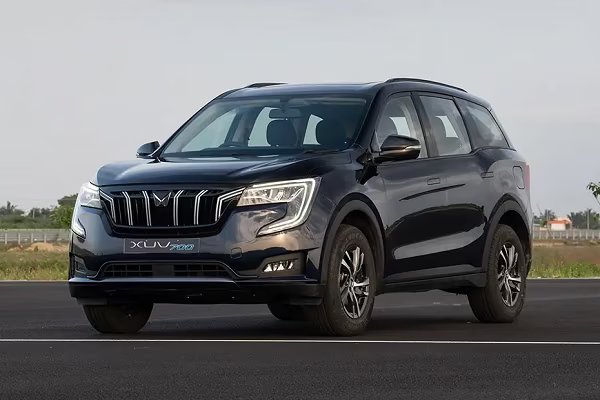How to prepare your car, and you, before long road trip? Top tips for fun drive
- Driving down highways can be a whole lot of fun and can create memories galore. Ensure that it is safe as well.


With Covid-19 pandemic throwing flight and train schedules out of gear, many are opting to drive to their next travel destination. And while it is common to hit the nearest hill station or the famed beaches near major metropolitan cities, many destinations may be beyond just a few hours' drive away. A long road trip may be subjective - a few hours may be normal for many but arduous for others. Either way, it is imperative that one takes into account a few basics before hitting the gas and driving off.
There are two absolutely crucial aspects of hitting the highway road - you, the driver and the car itself. While it may seem obvious, it is still important to underline that both the driver and the vehicle need to be in good condition to ensure that the road trip itself is as much fun as it was meant to be.


Trending Cars
Here are some quick tips and checks to ensure that a road trip is all about the sights, sounds and the experience rather than a source for memories best forgotten:
Check your car
- Ensure that the vehicle of choice is free from all existing and potential trouble points. If the vehicle is due for servicing, now would be the best time to ask the friendly service manager to ensure a closer inspection than usual. Things like engine oil, brake oil and coolant may need a top-up or a change. Get the brake pads closely inspected too and while workshops would recommend a change if found to be worn out, it is best to ask once if not replaced. Also get all lights on the vehicle double checked.
- Get the wiper blades checked and, if required, replaced. This is crucial even if your travel plans aren't exactly in the rainy season because you never know what kind of debris or dirt decide to land and stay put on the windscreen. And while at it, top up the washed fluid as well.
- Another non-eureka check is to ensure that tyre pressure is at its ideal level. This is for the spare wheel as well. If the vehicle is installed with tubeless tyres, carry a tyre inflator which can be powered by the vehicle's 12V socket. This is an even better option than to carry a puncture repair kit as it is likely to save you time as well as energy in case of an emergency.
- It is always great that no one would be weighing your luggage before you jam it in your vehicle. But while it may be tempting to carry your entire home on the road trip - because, well why not - ensure that all passengers in the vehicle are comfortable. Also remember, the heavier the load, the more impact there would be on mileage.
- Fuel is perhaps the most important aspect of the road trip and ensure that the tank is full before starting out. If the journey spans across several hundreds of kilometres, the standard thumb rule is to start looking for a fuel station when the gauge goes below the half-way mark. And just in case you are traveling to rather remote locations, a jerry can filled with fuel could prove its worth in gold.
Check your plan
- Plan the route carefully and even though GPS is likely to be your best friend throughout, do remember that technology may have its limitations too. That shorter route being suggested may save you some time but may not be ideal in terms of road condition, road-side facilities or may not even be safe. It is best to stick to national highways, or state highways, regardless of how much longer it may take.
- Get a magnetic phone holder of a good quality. This is far better - and safer - than juggling your phone while also steering the vehicle. And on that note, the clip-on holders for phone may not be as effective, especially on less-than-perfect roads.
- If your budget allows, a dashcam could be a great investment as it could keep a visual record of the entire journey.
- Where possible, avoid driving post dusk and get a comfortable night's sleep if the journey has a halt mid way. Typically, it is not advisable to drive for more than eight to ten hours in a day. If there is another person in the vehicle who can drive, it may be fine to take a break and switch seats. But even then, a vehicle would require some rest time too.
These suggestions are indicative only and a guide to help you ensure that your next road trip is fun and safe.








 1497 cc
1497 cc Multiple
Multiple
















